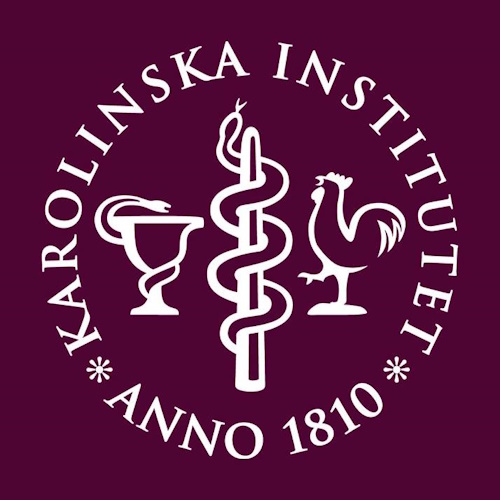Key points from article :
A major clinical trial has found that a simple, low-cost drug could play a powerful role in preventing colorectal cancer from coming back after surgery. Led by Prof Anna Martling at the Karolinska Institute in Stockholm, the Alascca trial showed that patients with certain genetic mutations who took a daily low dose of aspirin were 55% less likely to see their cancer return within three years compared with those on a placebo. The findings were published in the New England Journal of Medicine.
The study focused on mutations in the PI3K pathway, found in about 40% of colorectal cancer patients. More than 3,500 patients across Sweden, Norway, Denmark, and Finland took part, with nearly 1,100 carrying these mutations. Those who received 160mg of aspirin daily after tumour removal benefited from a dramatically lower recurrence risk. The researchers suggest that aspirin may work by reducing inflammation, interfering with cancer-driving pathways, and stopping blood platelets from shielding tumour cells from the immune system.
Given that nearly 2 million people are diagnosed with colorectal cancer worldwide each year, and recurrence remains a major threat even after surgery, the trial’s results could mark a turning point in treatment. Martling emphasised that genetic testing should become standard so doctors can identify patients who could benefit from aspirin.
However, aspirin is not without risks. In the trial, a small number of patients experienced serious side effects, including bleeding complications. Experts like Dr Catherine Elliott from Cancer Research UK stress that larger trials are still needed to confirm exactly who stands to gain the most from aspirin therapy. If confirmed, this could add a widely available and inexpensive tool to the fight against colorectal cancer.







